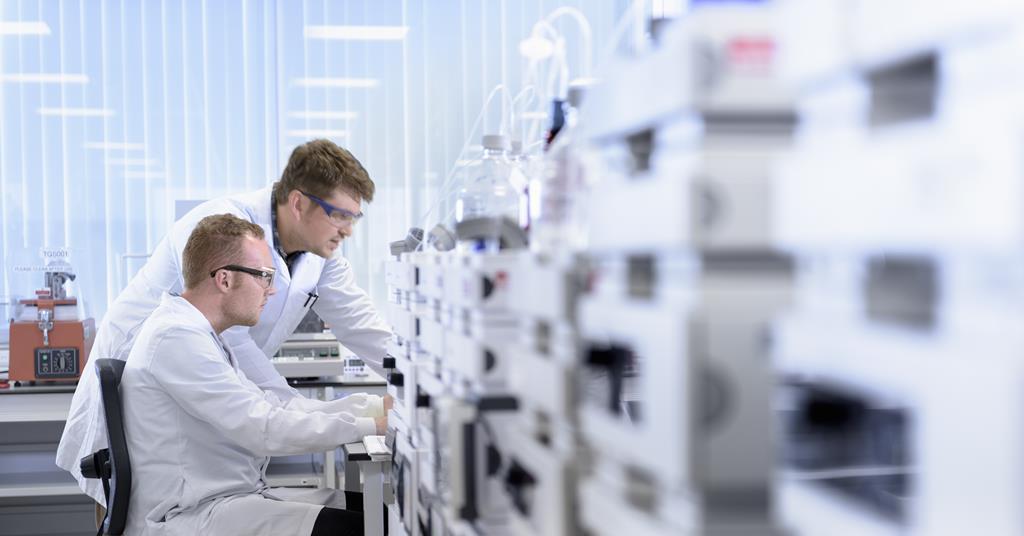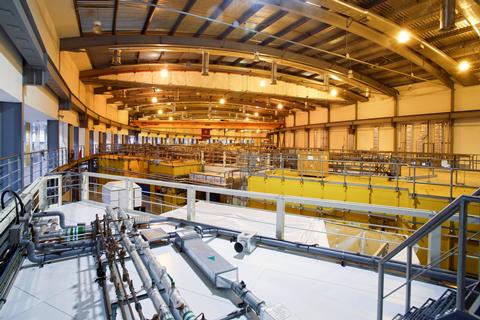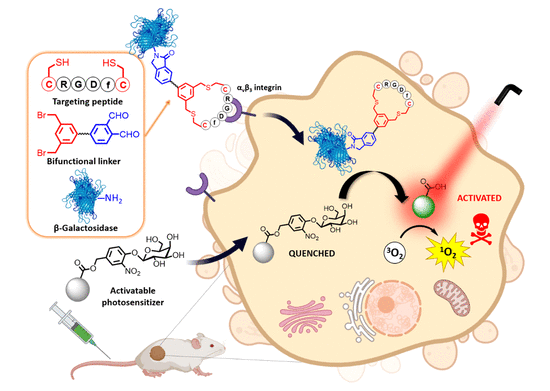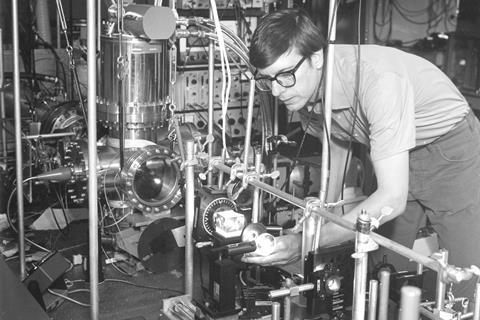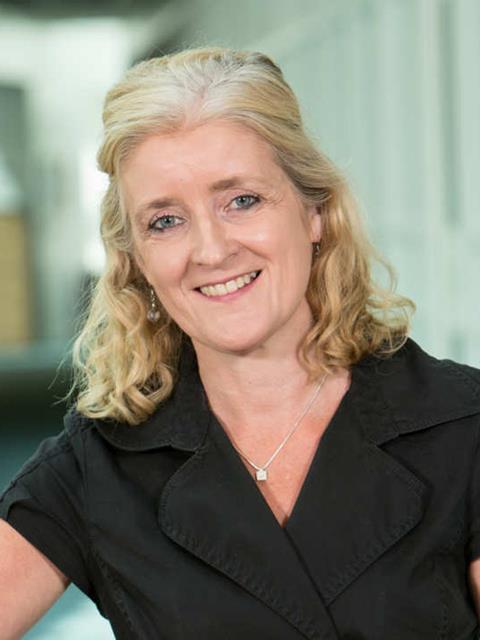Carbon Engineering and Occidental Petroleum’s subsidiary 1PointFive, have announced plans to install 70 direct air capture (DAC) plants by 2035 – each capturing up to one million tonnes of carbon dioxide a year. A first plant is expected to be operating by late 2024. If realised, those plants could be capturing just under 0.2% of […]
Read More
